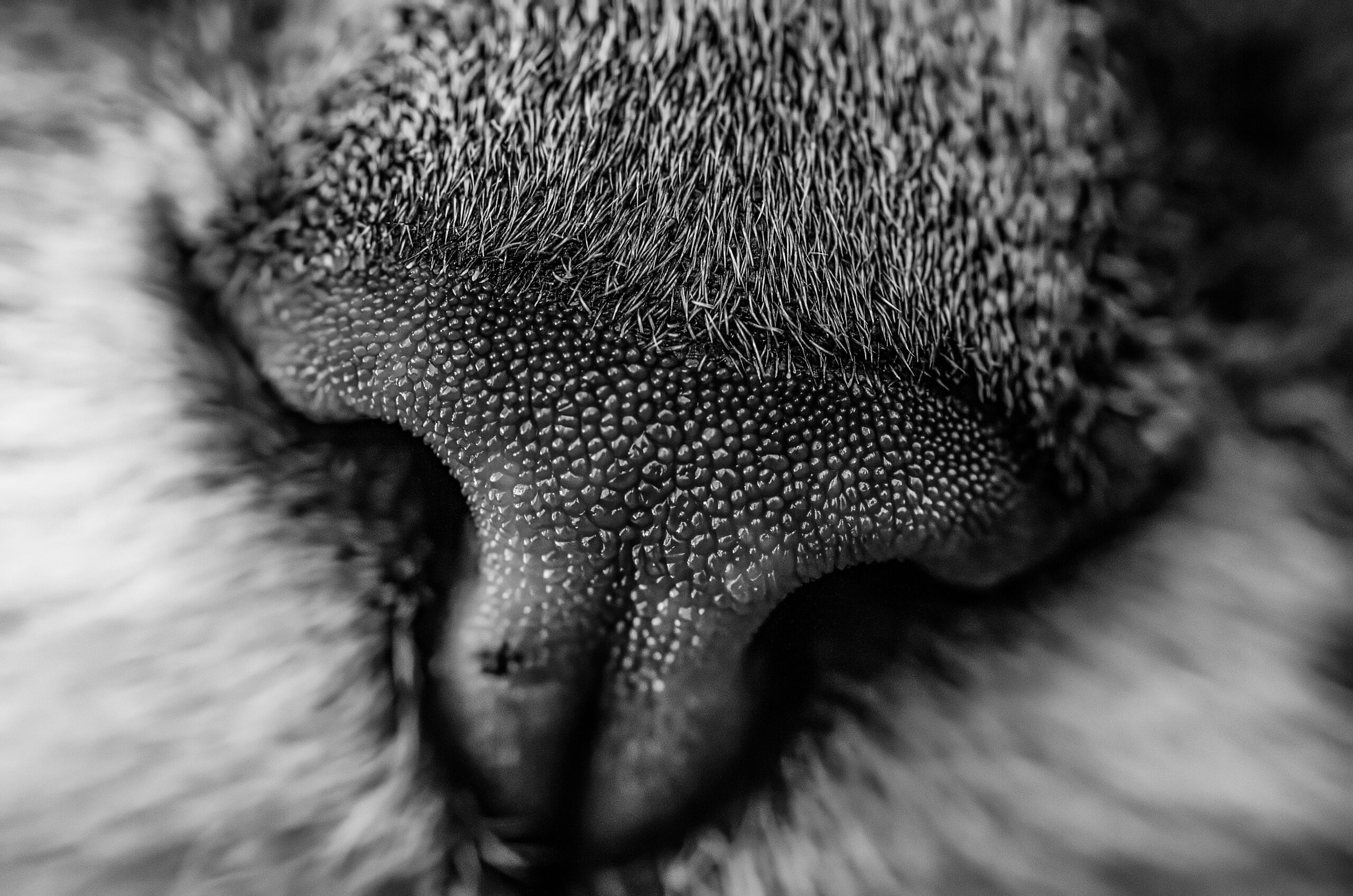
Field Notes with Cat
Cara Dees | Poetry
As a ribcage accepts the sunlight dripping
through it, my cat staggers
into the room. He can no longer wash his eyes
with his shell-pink tongue & drools
continuously into his gleaming fur.
His silver such that whole photo albums
exist dedicated to its luster. My mother told me
to write happily, to be happily writing. Sontag
assures me illness is the night-side of life.
I lift my cat to my bed & we face the wall.
Cupping against & warming my body
is his body. Parenthesis inside parenthesis.
–
At the conference, the poets speak of apocalypse
& night-blooming jasmine. The writer
who groped me years ago sidles across the room
with his wet mouth. I try to ignore his growth
of shadow & write about my cat in the splintered white
of my conference brochure. I draw
a circle. The circle represents how two nights ago
my cat tried to escape the needle wishing
to end him, then turned his head suddenly breathing
against my stomach & died there. My circle
is not small enough. I watch the writer
out of the corner of my eye. I draw a smaller
circle. It is not small enough.
–
Pet euthanasia consists typically of pentobarbital,
but nobody knows why the good poison
is called pentobarbital. My dictionary tells me
it’s named for a woman perhaps or green moss
or a lute. I imagine the woman’s ocean-
wide arms encircling his small cat body,
the lute’s liquid protection spell, the moss
& its legend of green decay.
–
I am told I do not correctly
tune my poems to my readers; they wander
amid the mouths & moss & sweet
dead cats. I am told death is a subject
best left oblique, a bone with the meat still
resting. And yet I worked for years
in an animal clinic with pentobarbital
buzzing beneath the floortile & inside
the walls. How can I tell my readers
how my cat, like my dead mother,
is outside my language, my home no longer
a land he steps into, except here he is,
traveling this poem. A fact only because
I protect him with the needle’s gentler
ending, drawing my circle around us
both, reciting our story back to myself,
my words curling around his name.
Cara Dees is the author of Exorcism Lessons in the Heartland, winner of the Barrow Street Book Prize. She holds a PhD from the University of Cincinnati and an MFA from Vanderbilt University. Her work appears or is forthcoming in publications such as The Atlantic, Best New Poets, The Georgia Review, Harvard Review, The Hudson Review, Ploughshares, and Poetry Daily.
